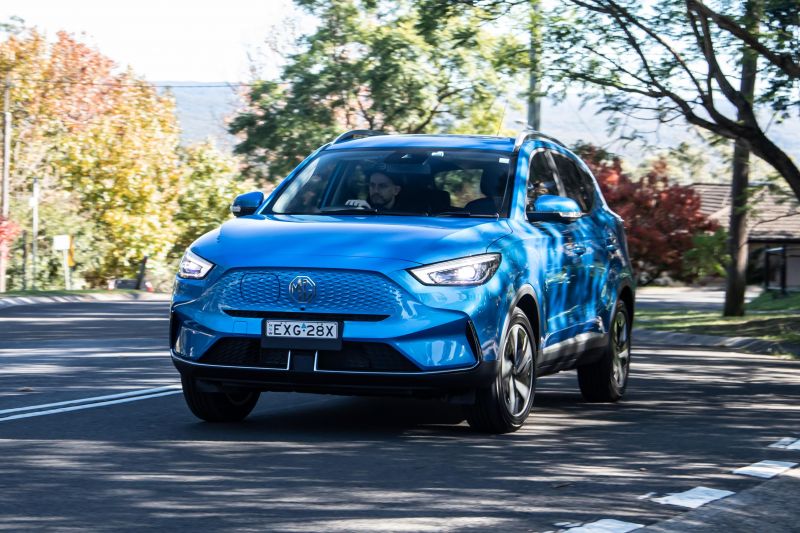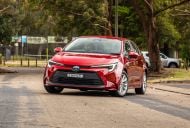Ethiopia is moving towards electrification at lightning pace, banning the sale of internal-combustion powered vehicles immediately.
Details on this policy change remain scarce, however Borkena reports Alemu Sime, the Ethiopian Minister for Transport and Logistics, announced it to the Standing Committee on Urban Infrastructure and Transport Affairs at the House of Peoples’ Representatives.
“The government has decided not to import any gasoline automobiles into Ethiopia unless they are electric. Ethiopia, which does not produce fuel but imports it from abroad using high amounts of foreign currency,” the minister said.
“Any imported private utility vehicle must be electric, and gas-powered automobiles are not allowed to be imported. Therefore, everyone should be aware that petrol automobiles should not be imported into the country.”
He cited the abundance of renewable energy in Ethiopia, and the reduction in emissions the transition to EVs will bring.
The country spent nearly US$6 billion (A$9.3 billion) to import fossil fuels in 2022. More than half of this was needed to fuel internal-combustion vehicles according to Electrek, which cited data gathered by OEC World.
Ethiopia is currently in the midst of a severe foreign exchange shortage, affecting its ability to import oil and other commodities.
The country has been encouraging the adoption of electric vehicles (EVs) by exempting them from value-added tax (VAT), excise tax and other levies, while also investing significantly in its power grid.
According to the United States Agency for International Development, Ethiopia’s power generation capacity has grown more than 200 per cent since 2008, with this capacity only tipped to rise.
The burning of biomass remains an extremely popular way of generating electricity, as the country’s installed power generation capacity reaches less than 60 per cent of the population.
Of Ethiopia’s installed generation capacity, roughly 90 per cent of it is from hydropower.
Ethiopia’s surprise announcement means it will beat the UK and the European Union to implementing a ban on new petrol and diesel vehicle sales. Both the UK and the EU are set to implement their bans in 2035.
Canada has also announced a ban on selling internal-combustion engined cars from 2035, however this is a phased approach with increasing electrification targets each year until 2035 and hybrid and fuel-cell vehicles will still be able to be sold after 2035.





